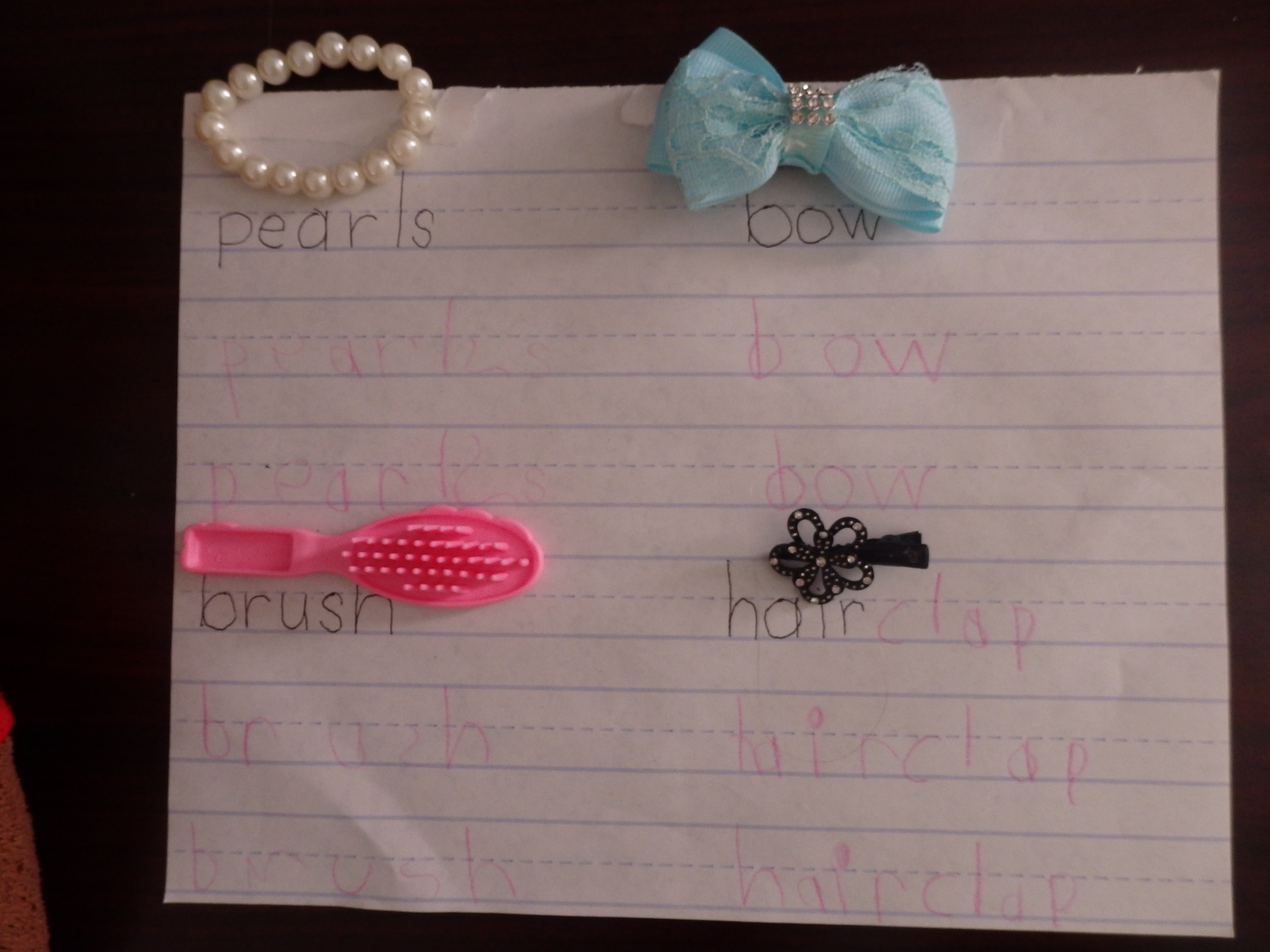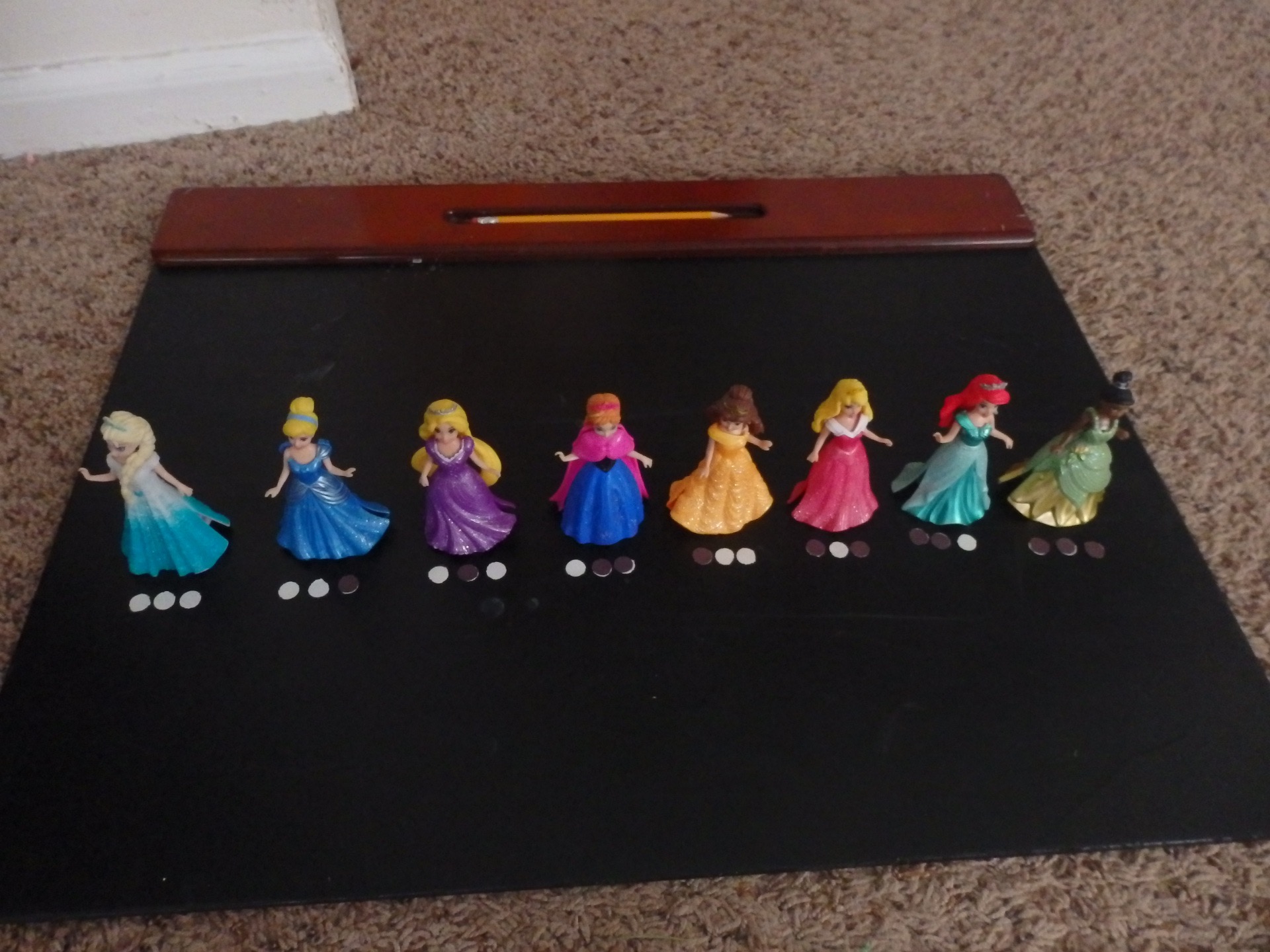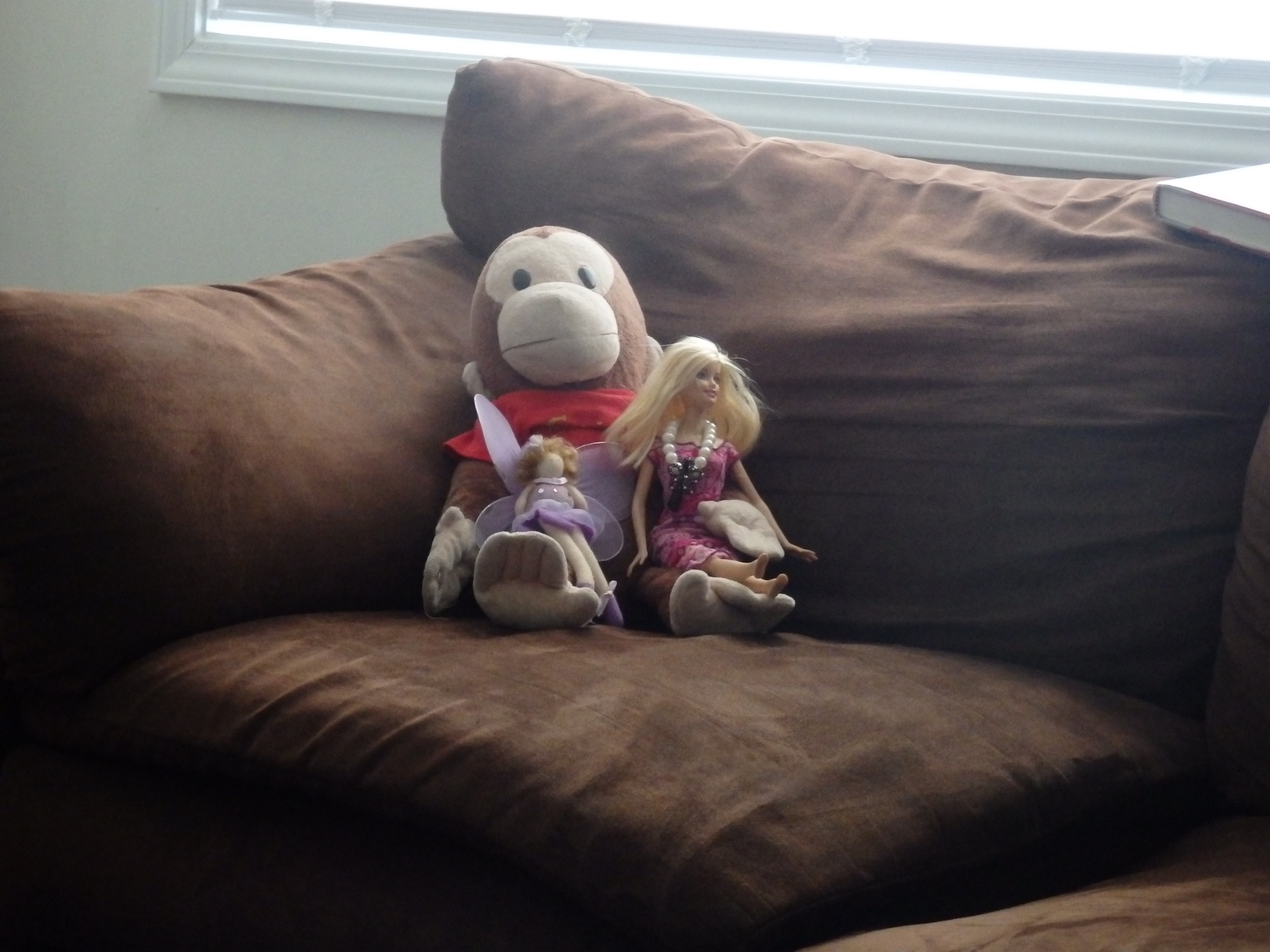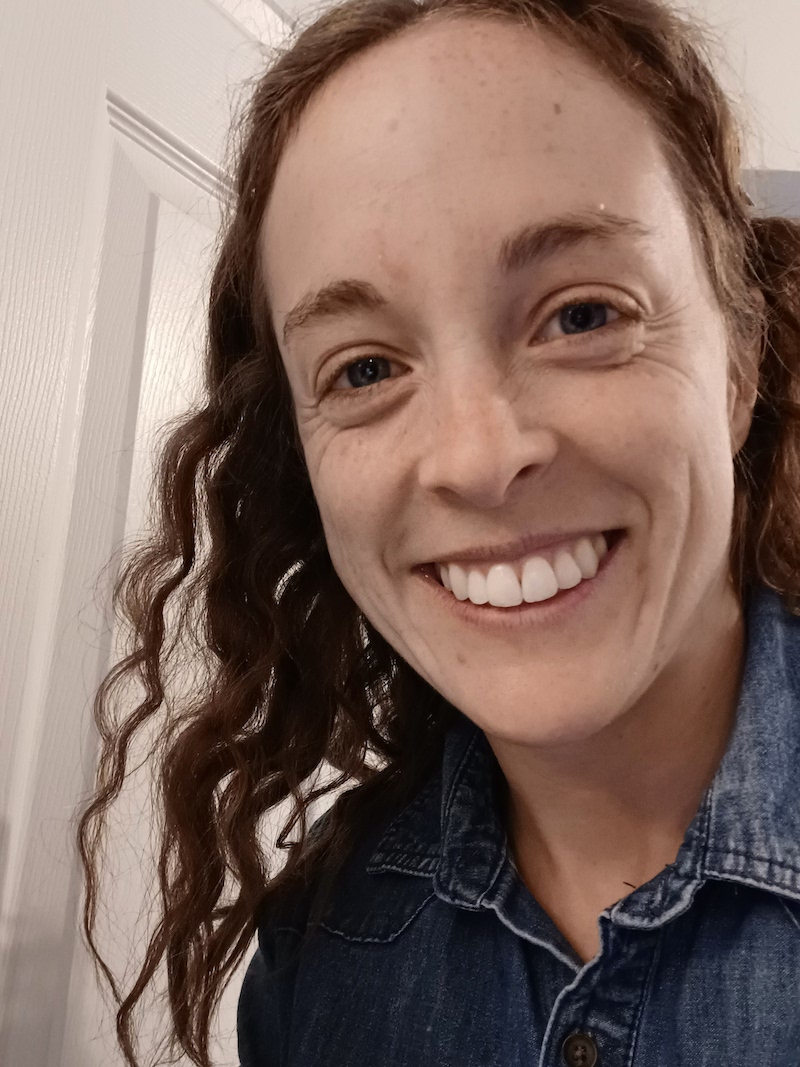Interest Driven Education
At our house, we do Braunschool. It’s not public school, it’s not home school, it’s not un-school. But it’s some elements of them all. The kids are not enrolled in Kindergarten or Pre-school at this moment because we want our kids’ education to be built from first principles. We don’t have the constraints of having to babysit 30 kids in a single room with 1 teacher for 8 hours a day. It’s a very interesting journey to discover what those first principles are. Education is my educational background, and it’s the thing I would choose to do if I could choose. Which I can. So I have.
I think we’ll finish unearthing all of those principles in twenty years or so, but we’re making an start. Two of those principles we found are curiosity and autonomy. If a topic is not naturally interesting to them; if I can’t explain to them on their level why they want to know this topic; and if I can’t dress it up in a fairy costume- they don’t need to know it.

I introduced binary to my kids today. And, oh, the fairy costumes we dressed in, and the fairy circle hoops we jumped through.

 Two fairies were having a race but they wanted to show Heidi watching from the mainland who won. So the fireflies devised a code to share the news using only their on-off bioluminesence.
Two fairies were having a race but they wanted to show Heidi watching from the mainland who won. So the fireflies devised a code to share the news using only their on-off bioluminesence.
But after a while, Heidi’s interest waned and she wandered off. And I’m not going to force her to learn binary. I’m not going to bribe her to finish worksheets every day and I’m not going to punish her for not wanting to learn the thing I wanted to teach. She doesn’t need to know it.
Peter picked it up. And if ever the prospect of counting to 511 on her ten fingers interests Heidi, then I’ll start working with her again.
If I do not bribe my kids with grades and punish them with worksheets, will my children learn less than the other kids? I don’t think so. The other kids aren’t learning from their work if it doesn’t interest them. The brain does not pay attention to stuff that is not interesting and what it does not know it needs. The difference is that if my kids are at home, they can spend their time learning things that are interesting to them, and they do know they need.
I listened to a homeschool podcast the other day about homeschooling gifted kids. The speaker was a gifted intervention teacher. She said that a child’s exceptionalities are a blessing- and a curse. Some kids are really proficient in one subject, to the exclusion of all others. Or they have learning differences in other areas of academics. “Twice exceptional,” or 2e, is when a child is gifted yet also has special needs in other areas.
Anyway, to reach that kid, you throw out the curriculum and you organize the learning activities around their interest. If a kid is into the solar system, that has tons of math, tons of books to read, tons of things to write about, lots of touch points in history, current events, technology, and art.
I felt pretty proud of myself that we were already doing this in Fairy School and Math Class (which is what Peter is in).
You can research the field of interest with the child, and look at what skills professionals need, and then start working from there. But the child has to know why they need to know it.
Except that in school, you can’t throw out the curriculum and the kid has to wait quietly at her seat until her peers catch up.


